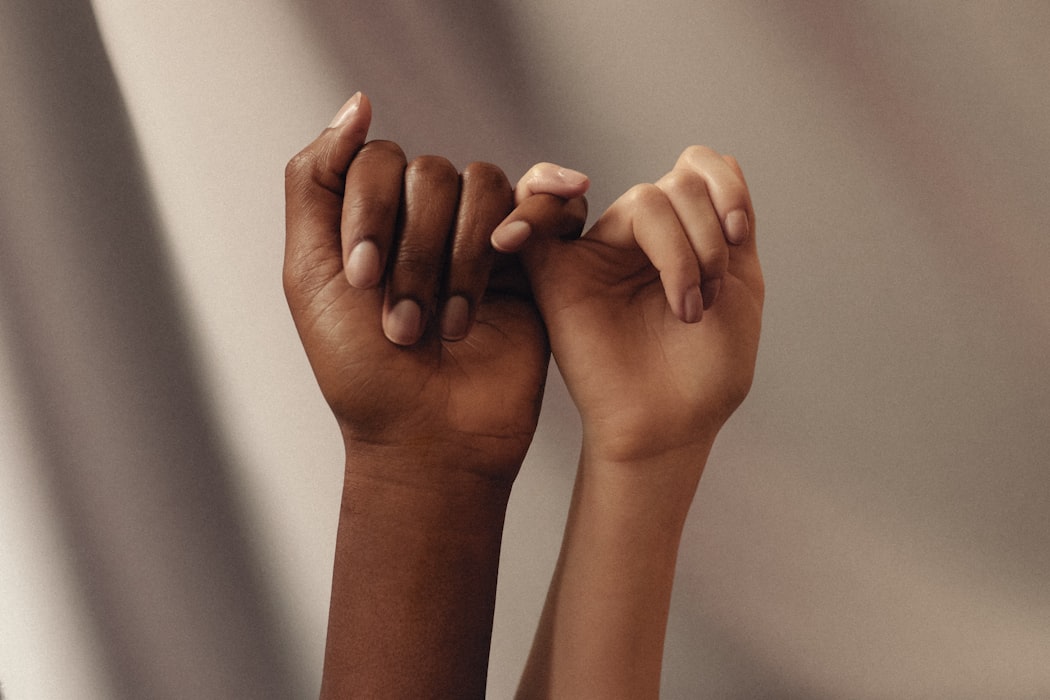Mental Health is something we all have and is not the same as mental illnesses. It includes our...
A) Thoughts, feelings, and action s
s
B) Feelings, actions, and people
C) Actions and thoughts.
D) None of the above.

A) Thoughts, feelings, and actions




What is one example of a positive affirmation?
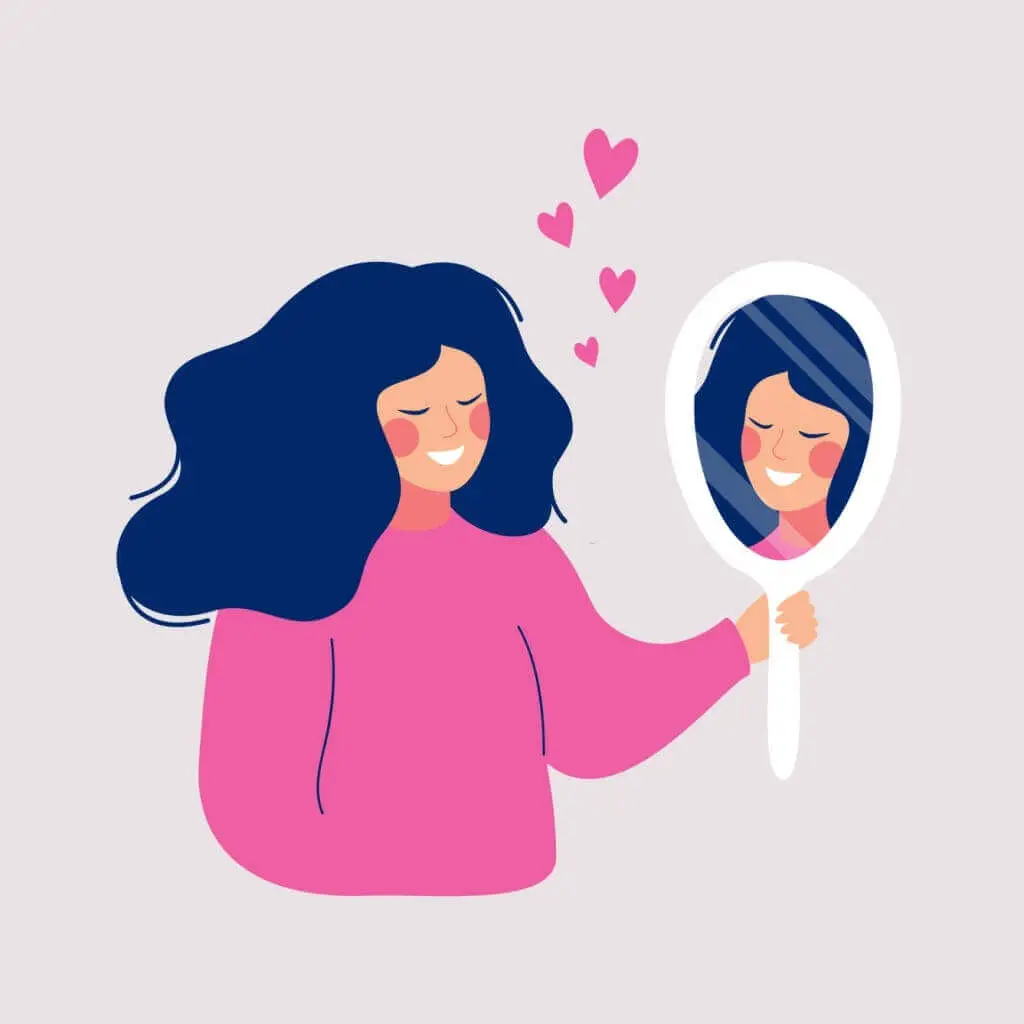
I am ____________

Traditional Hmong Families still practice _____________ (religion).
A) Shamanism
B) Christianity
C) Magic
A) Shamanism
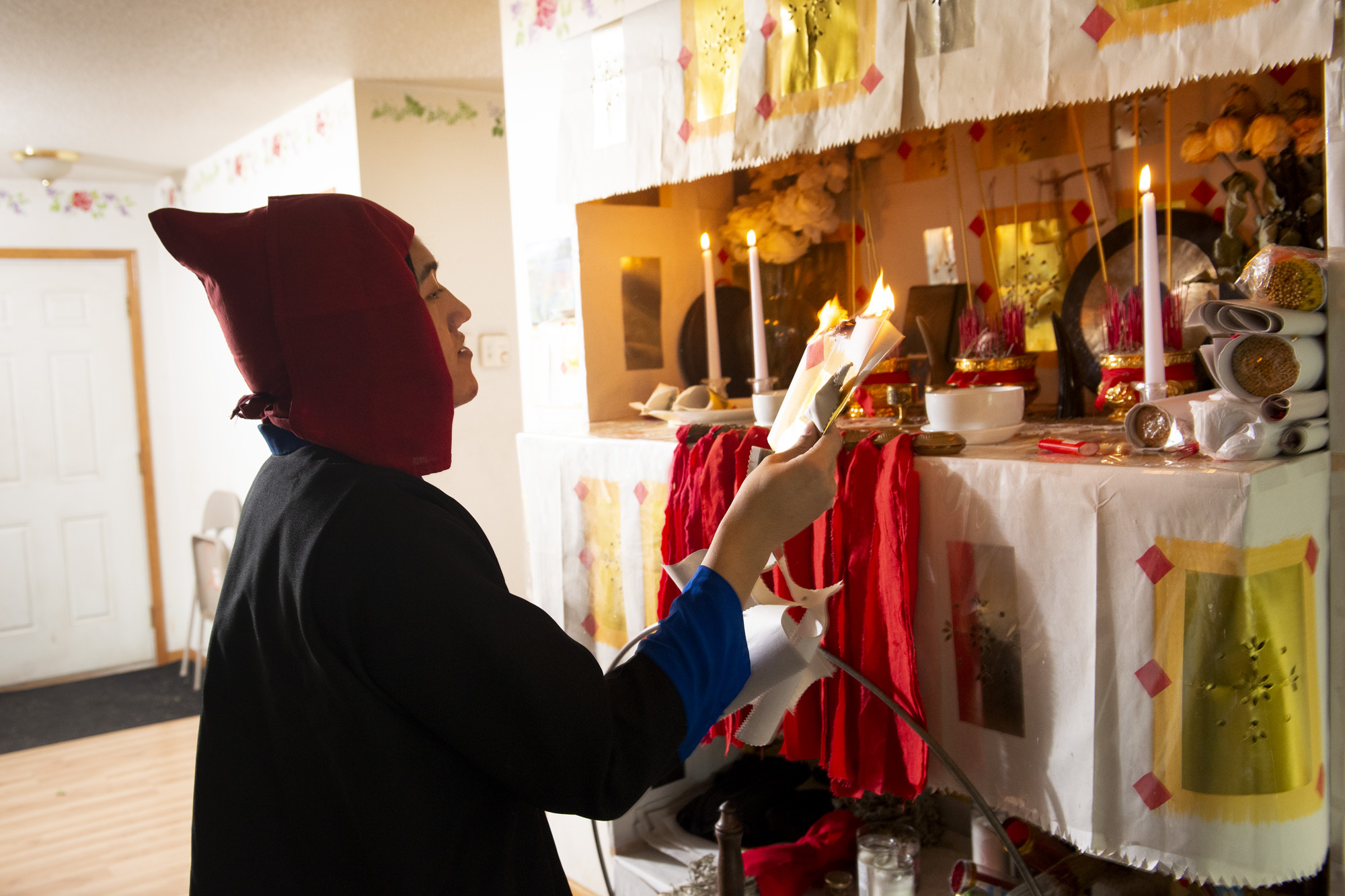
Koj muab koj txiv, niam thiab txiv hu li cas?
(Respond in Hmong)
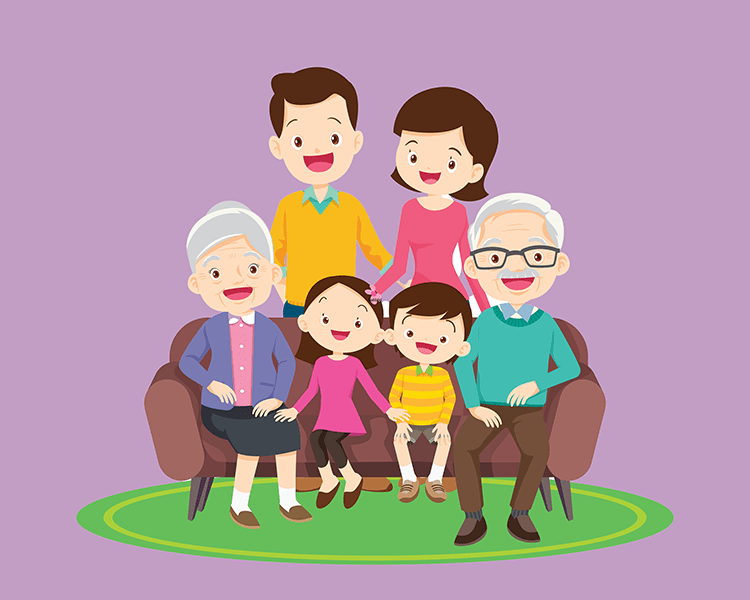
pog thiab yawg
Besides your family, who else can help you talk to about your mental health? Give 2 examples.
Friend, teacher, counselor, therapists, psychiatrist, social workers
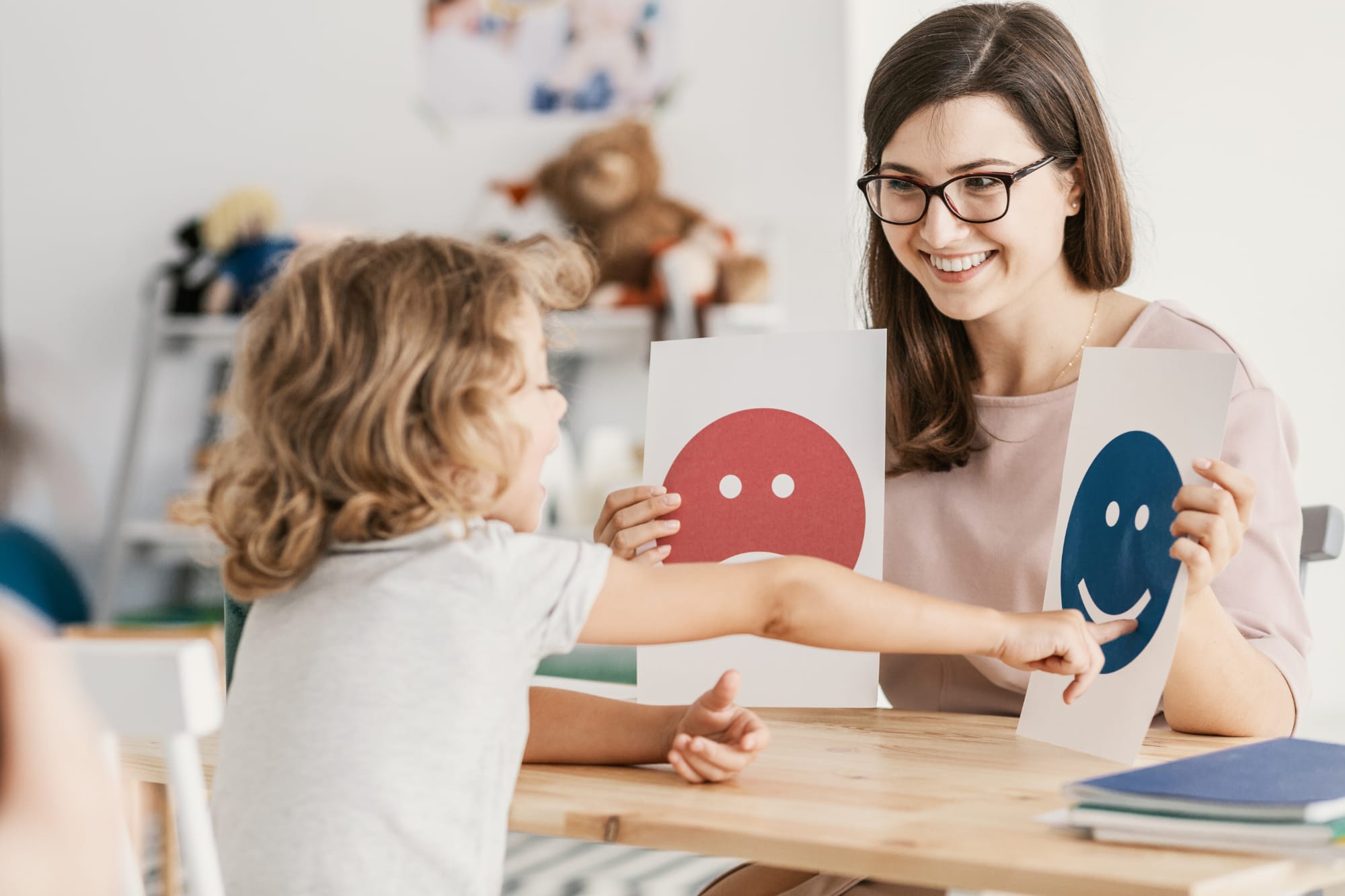
Translate this expression in English:
- Peb tsis hais li ko rau lwm tus
We do not say that to others.
:max_bytes(150000):strip_icc()/142019787-56a2dca85f9b58b7d0cf4f1d.jpg)
Daily Double: What do you say when you greet someone you know? (200pts)
How do you say it in Hmong? (200pts)

Hello, how are you?
Nyob, zoo. Koj nyob li cas?
Koj muab koj niam, niam thiab txiv hu li cas?
(Respond in Hmong)

niam tais thiab yawm txiv.
Daily Double: What are 3 emotions of good mental health? (300 pts.)
What are those emotions in Hmong?
(300 pts)
silly, peaceful, happy, calm, supported
tas lauv, kaj siab, zoo siab, tus tus, txhawb siab

A healthy relationship has___________.
A) Trust
B) Luck
C) Stress
Bonus Question for extra 100pts: What is trust or stress in Hmong?
A) Trust
Bonus: ntseeg siab/nyuaj siab
Cov Hmoob nyob Mekas tuaj _____ thiab ________.
(Respond in Hmong!)
Nplog Teb & Thaib Teb

Hmoob muaj pes tsawg xeem?
(Respond in Hmong)

18 xeem
Daily Double: What are 3 emotions of poor mental health? (400pts.)
What are those emotions in Hmong? (400pts.)
stress, sad, mad, tired, embarrassed, worried, scared
nyuaj siab, tu siab, chim siab, nkees, txaj muag,, txhawj, ntshai

Daily Double: What is the word for when we put ourselves in another person's shoe? (400pts.)
How about in Hmong? (400 pts.)

Empathy
Nkag siab kev xav hauv nruab siab
or
Nkag siab lwm tus txoj kev xav

Hmoob puag thaum ub los __________ teb los rau Nplog teb, Thaib teb thiab Nyab Laj teb.
(Respond in Hmong)
Suav Teb/China

Why do Hmong families support one another and what for?
Extra Bonus of 100: What is support in Hmong?

We’re a collectivist group of people which means we follow or make decisions based on our identified community or families.
We support each other and help each other at social gathering events called ua noj ua haus such as weddings, funerals, hu plig, ua neeb, noj tshiab peb caug (Hmong New Years). We’re a social community where we think supporting families and others at these ua noj ua haus, they will come support you when you’re hosting an event.
What can we do when we are struggling with our mental health? Give 3 examples.
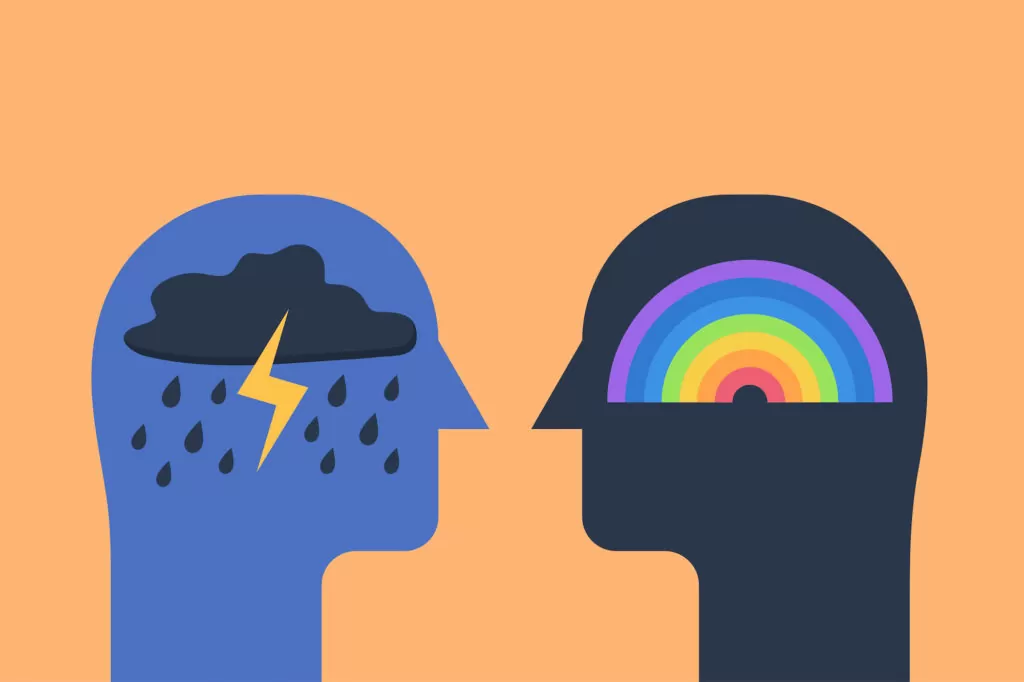
Talk with a trusted person or get professional help (express our thoughts and feelings)
Socialize to feel less alone.
Do something that makes you feel good: hobbies (like drawing)
Do your best at making healthy choices: Eating healthy & being active.
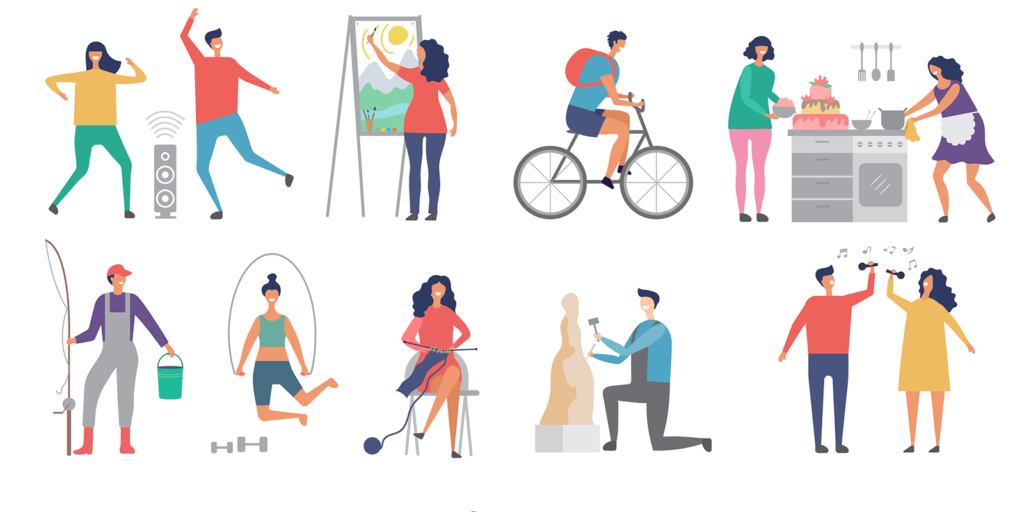
If someone like a family member becomes angry or mad, what can we do? Give 3 examples.
Extra Bonus of 100pts: What is angry in Hmong?

Express our feelings calmly or try to remain calm.
Try to understand/show some empathy.
Go for a walk.
Separate yourself from the person.
Go to sleep.
Talk to someone about your feelings.
Go play or play outside.
Count one to 10
There were _______ waves when the Hmong people immigrated to the U.S
A) 2
B) 3
C) 4

C) 4

Why do we come across other Hmong people with the same last name as ours?
It is believed that we shared the same ancestors and that people who share the same last name or clan name (xeem) are considered part of your family.

